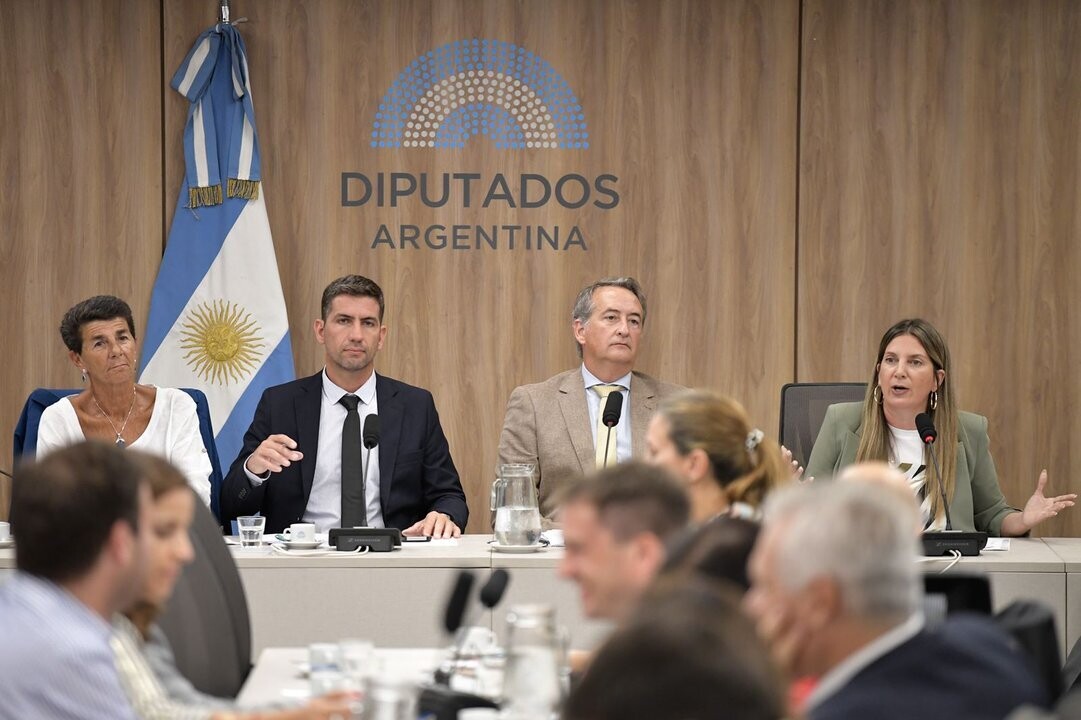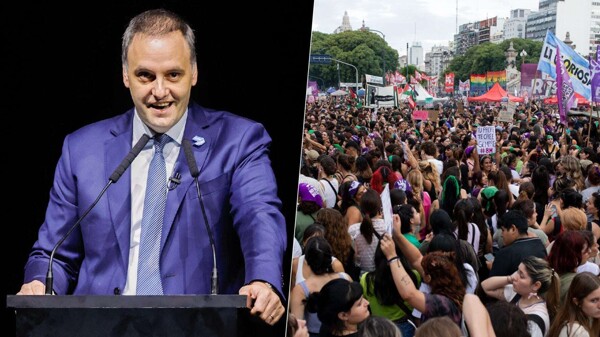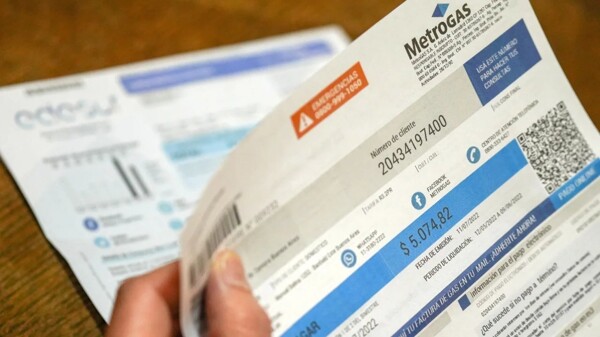
Coalition Civic deputy, Paula Oliveto, denied that the Clean Record law is seen as an act of electoral speculation, ensuring that numerous provinces have already implemented this type of legislation since November 2020. Among the provinces that have taken this measure are Chubut, Mendoza, Salta, Jujuy, San Juan, Santa Fe, Río Negro, and Córdoba, with some announcing they will follow this path, such as Neuquén, Tucumán, Entre Ríos, and the City of Buenos Aires.
For her part, Mónica Litz from Union for the Homeland responded to the statements of the PRO deputy, calling her intervention on ethics a sham, considering the criminal tax evasion actions of the president of her block. Rodolfo Tailhade, also from Union for the Homeland, attributed the push for the Clean Record law to the government's fear that Cristina Fernández de Kirchner will win the elections.
The ruling party and allied blocks presented the majority opinion of the Clean Record bill, which seeks to establish a minimum ethical standard to disqualify individuals with confirmed corruption convictions from electoral office. This project would expand its reach to all officials of the National Public Administration.
The approval of the law is being discussed in parliamentary committees, having stalled last December due to lack of support. The committee in charge, led by Alejandro Fargosi and including deputy Silvia Lospennato, has worked to improve the original proposal. Lospennato emphasized that the Clean Record law is a citizen demand and pointed out the substantial differences of the new project with the previous failed one.
The PRO deputy highlighted the importance of establishing ethical limits in political life and affirmed that the Clean Record is a preventive and temporary measure to avoid corruption in public office. She stated that this project does not violate the principle of innocence and emphasized the progress of other Argentine provinces in implementing similar measures.
In summary, the Clean Record law seeks to establish a minimum ethical criterion to disqualify individuals convicted of corruption from holding public office, preventing them from accessing public positions, and has been the subject of debate among different political blocks in the Chamber of Deputies of Argentina.














